Blog
Unlocking Excellence: Quality at the Core
-
Enterprise-Grade LMS Platforms
How Enterprise-Grade LMS Platforms Are Revolutionizing Quality

Training gaps remain one of the leading root causes of audit observations, CAPAs, deviations, and costly product recalls in regulated industries. For pharmaceutical manufacturers, medical device companies, and life sciences organizations operating under FDA, EU MDR, ISO 13485, GMP, and GLP frameworks, this reality creates an urgent demand for enterprise-grade LMS platforms that go far […]
-
Requirement Analysis in QMS: Building a Strong Foundation for Quality Excellence

cRequirement analysis represents the structural backbone of every successful quality management system. Without it, organizations cannot rely on assumptions, incomplete data, or unclear expectations. A QMS thrives only when built on precise, validated, and traceable requirements that reflect customer expectations, regulatory demands, operational limitations, and strategic business goals. The consequences of inadequate requirement analysis are […]
-
Improved Traceability in QMS: How Better Tracking Strengthens Compliance, Quality, and Operational Excellence

Improved traceability has become one of the most critical pillars of a modern Quality Management System (QMS). As industries evolve, regulations tighten, and supply chains spread across multiple countries, the ability to accurately trace materials, parts, processes, and decisions is essential for ensuring product reliability, regulatory compliance, and operational confidence. Organizations face continuous pressure to […]
-
Real-Time Monitoring in QMS: The Key to Faster, Smarter, and More Reliable Quality Management

Quality failures in regulated industries don’t announce themselves with advance warning. A deviation in pharmaceutical manufacturing, a compliance gap in medical device production, or a documentation error in aviation maintenance can cascade into costly consequences before traditional quality checks even detect the problem. Delayed reporting, manual inspections, and fragmented data make it impossible for quality […]
-
GMP vs. cGMP: A Comprehensive Guide for Quality Management Systems in Regulated Industries
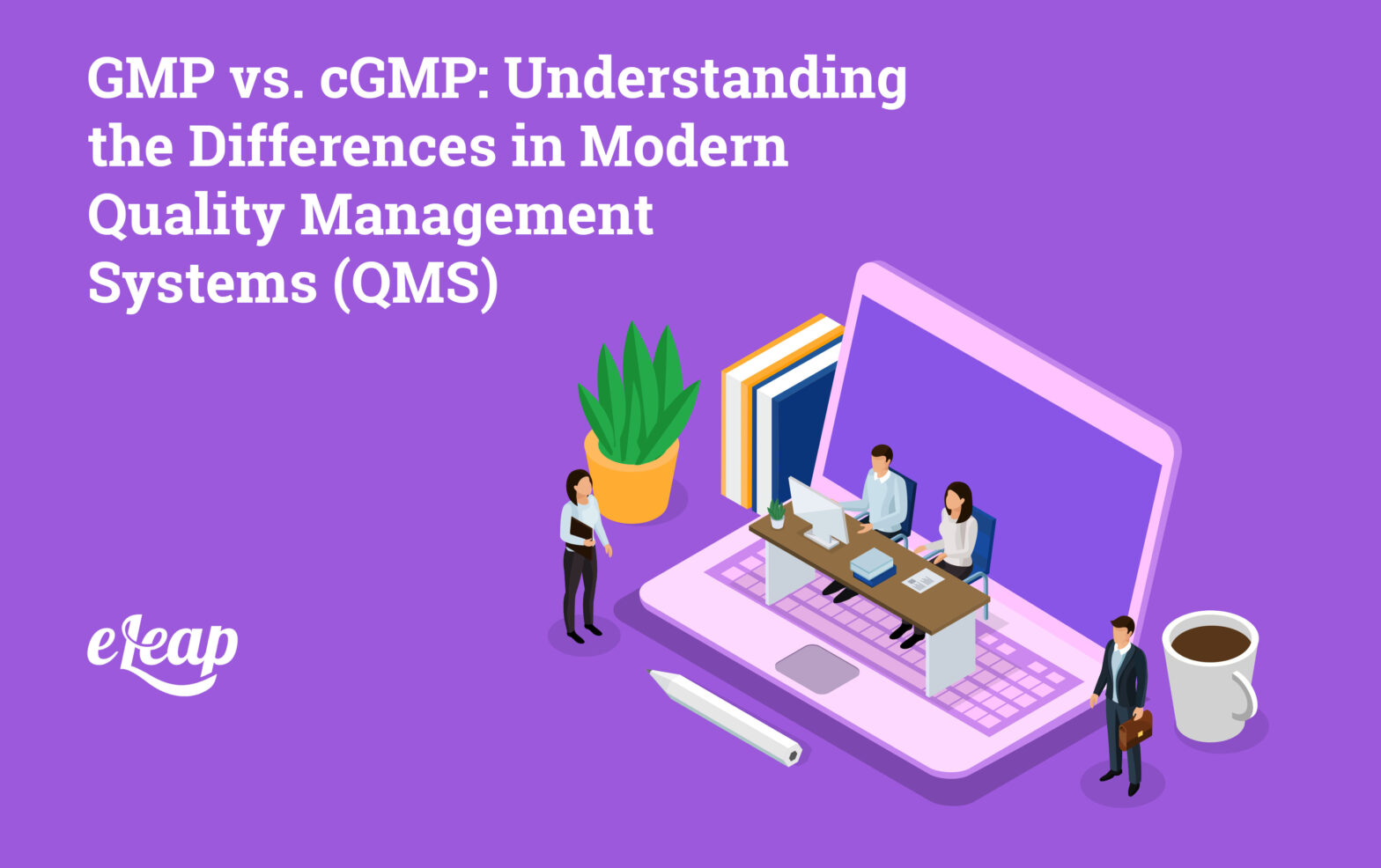
Quality assurance professionals in pharmaceutical manufacturing, medical device production, biotechnology, food manufacturing, and healthcare operations routinely encounter two distinct regulatory frameworks: GMP and cGMP. While these acronyms are sometimes used interchangeably, they represent fundamentally different approaches to quality management with profound implications for regulatory compliance, operational strategy, and product safety. The distinction between Good Manufacturing […]
-
Medical Device Risk Management
Medical Device Risk Management: A Complete Guide for Modern QMS Compliance
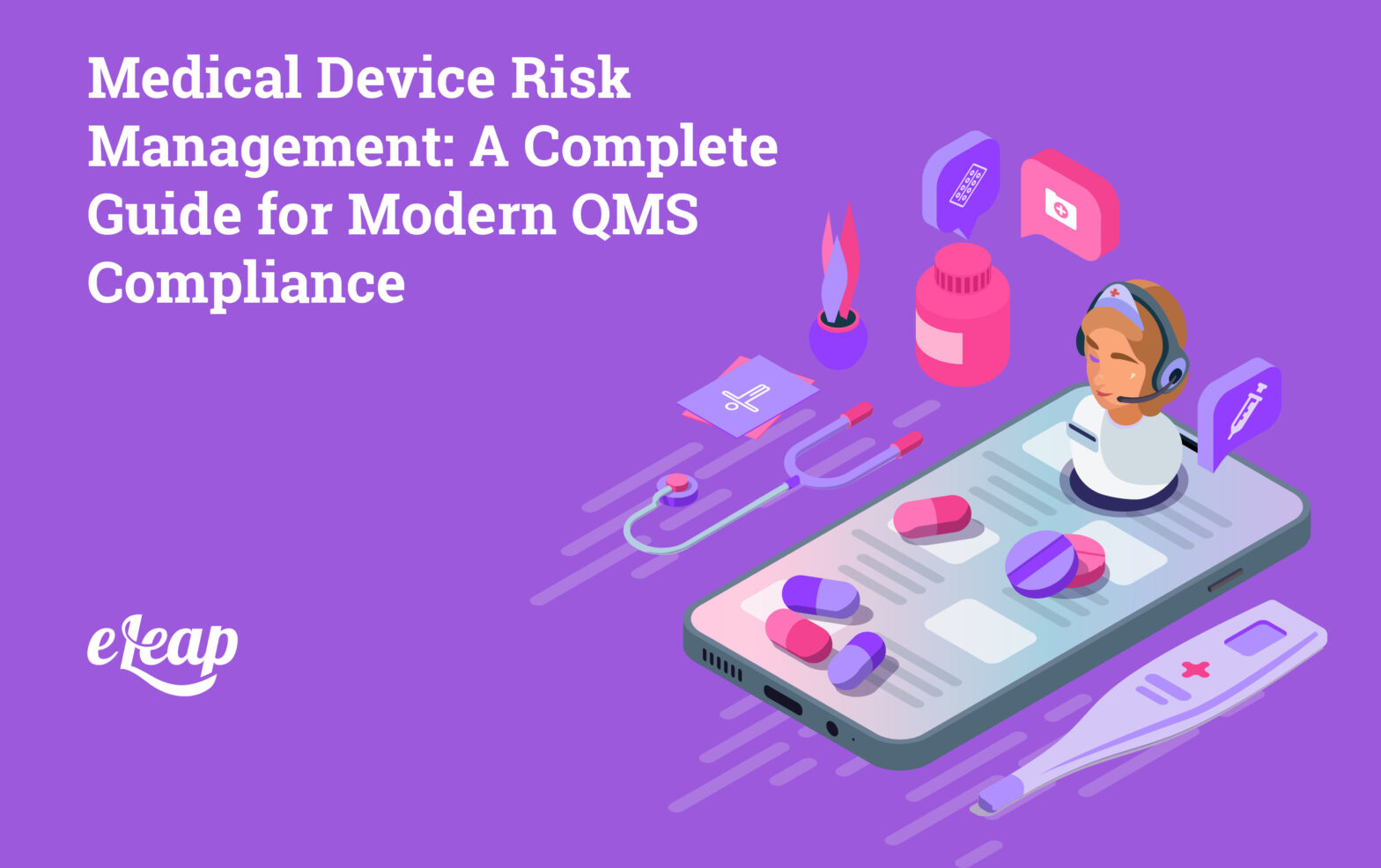
Medical device risk management forms the foundation of safe, reliable, and regulation-compliant medical devices. Organizations manufacturing devices for FDA-regulated industries, pharmaceutical companies, medical device manufacturers, healthcare GMP facilities, and life sciences organizations must embed medical device risk management into every stage of product development—from concept through post-market surveillance. Medical device risk management is not simply […]
-
ISO 13485 QMS Compliance: Essential Requirements for Medical Device Manufacturers
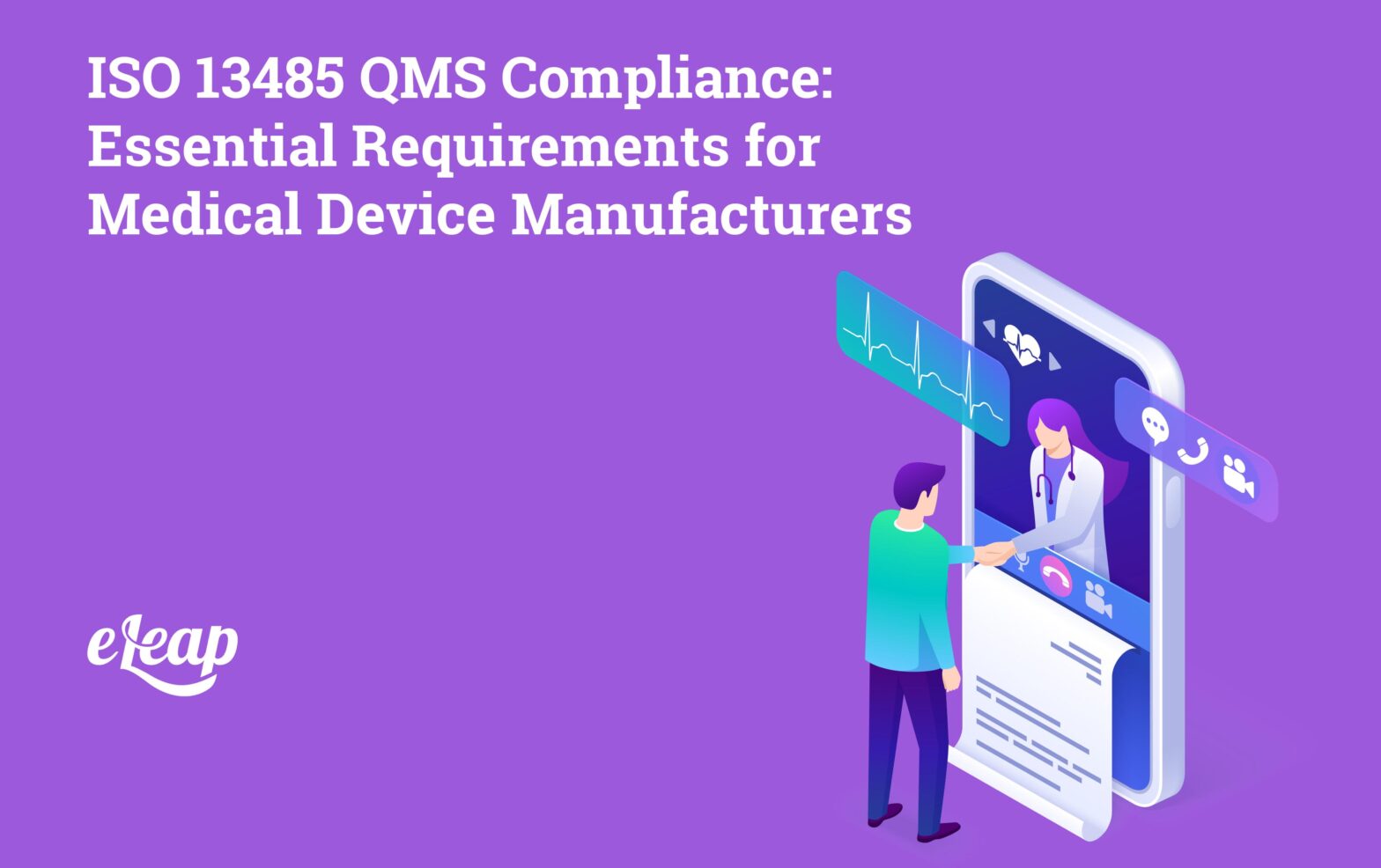
Medical device manufacturers operate in highly regulated environments where quality is not optional—it’s a regulatory necessity. ISO 13485, the international standard for Quality Management Systems in medical devices, provides the framework and requirements for organizations to consistently deliver safe, reliable, and compliant products. From design and development through manufacturing and post-market surveillance, ISO 13485 QMS […]
-
Internal Audit Compliance in QMS: Ensuring Quality and Continuous Improvement
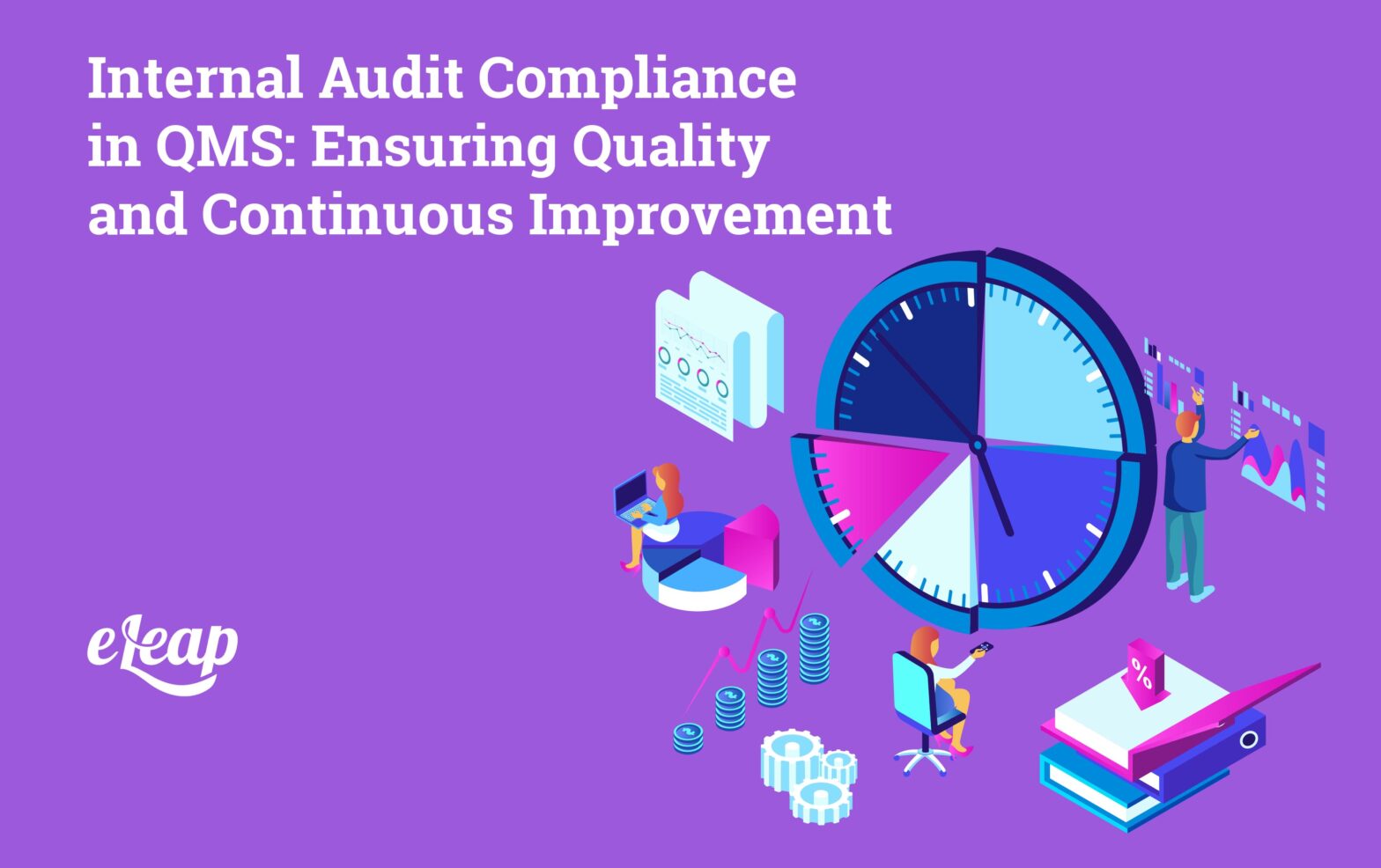
Internal audit compliance serves as the foundation for maintaining consistency, accuracy, and accountability within organizational processes. For companies in FDA-regulated industries—pharmaceutical manufacturing, medical devices, life sciences, and aviation—a robust internal audit compliance program extends far beyond regulatory box-checking. Internal audit compliance represents a proactive commitment to identifying risks, preventing quality failures, and fostering continuous improvement […]
-
Lifecycle Management in QMS: Building Continuous Quality and Compliance
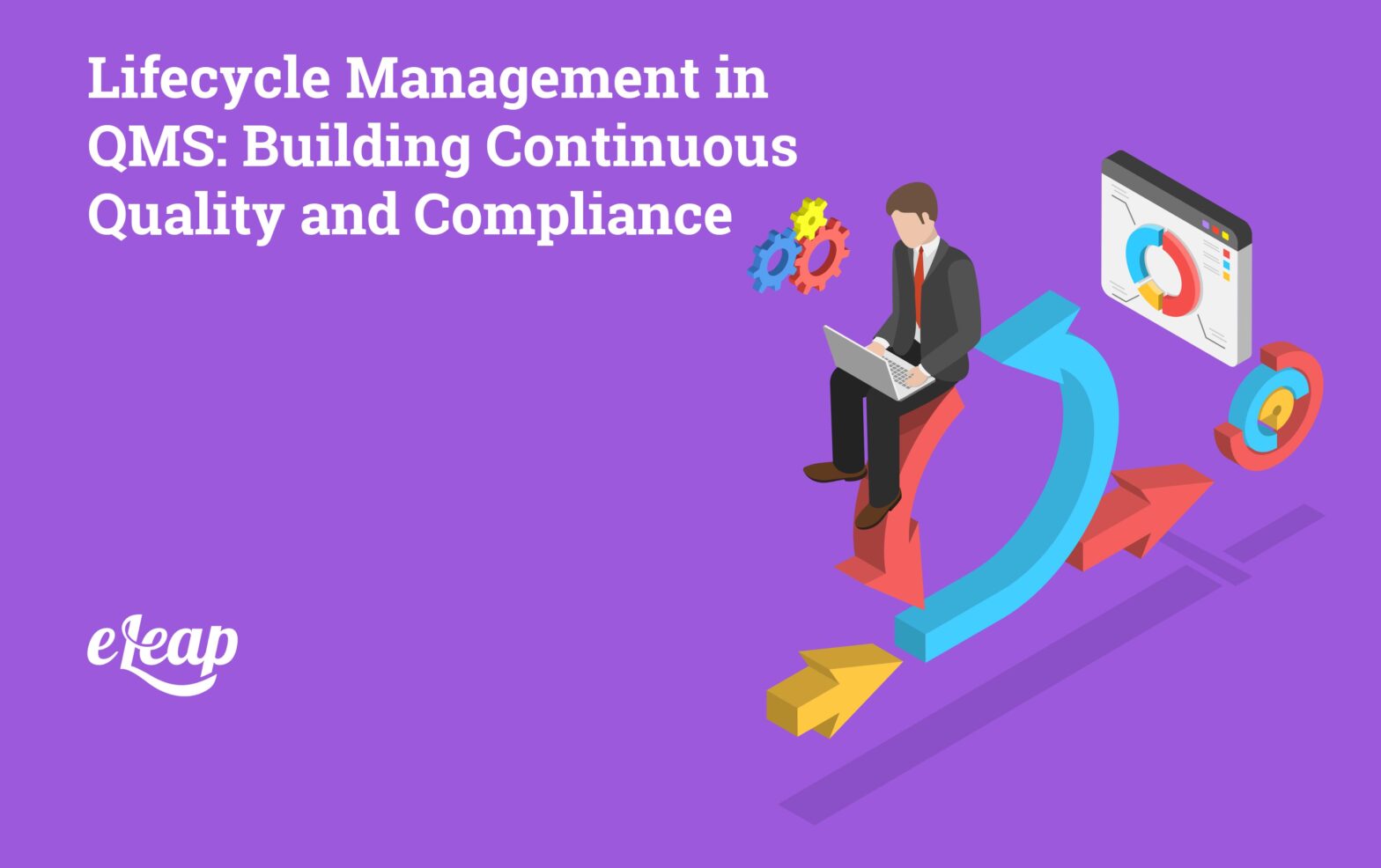
Lifecycle management in QMS transforms how manufacturers approach quality—not as a batch-level inspection function but as a strategic, end-to-end orchestration of quality processes across every phase of a product’s existence. For organizations in FDA-regulated industries such as pharmaceuticals, medical devices, biotech, and aerospace, lifecycle management is now essential to regulatory compliance, risk mitigation, and operational […]
-
GMP Guidelines for QMS: A Complete Guide to Achieving Quality and Regulatory Compliance
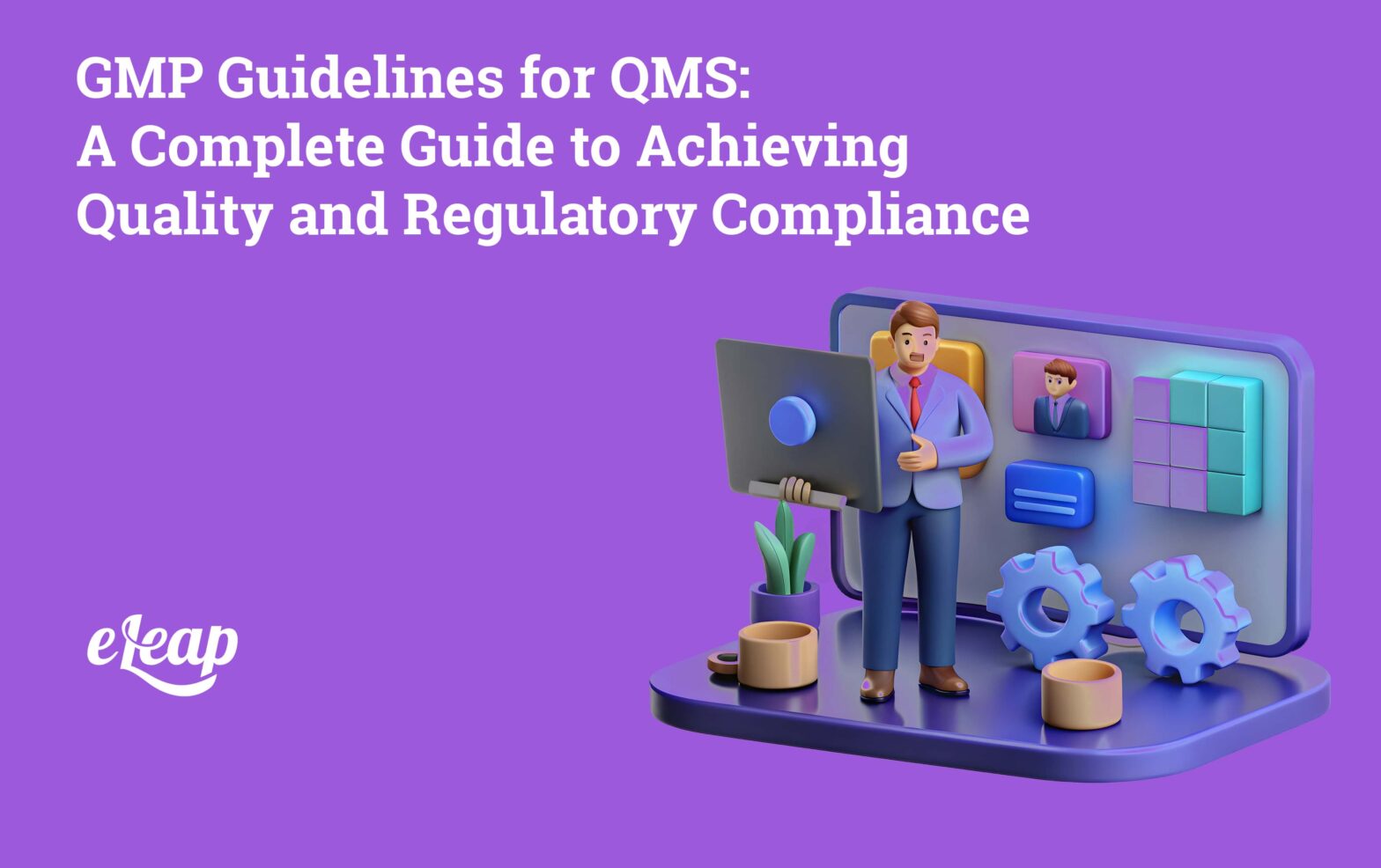
Compliance with quality standards in regulated industries like pharmaceuticals, biotechnology, and medical devices represents more than a legal requirement it’s a fundamental obligation to ensure patient safety and product integrity. Good Manufacturing Practices (GMP) serve as the cornerstone for establishing and maintaining product quality, while a Quality Management System (QMS) provides the structured framework that […]
Search articles by...
Find your way around our blog by searching using a keyword or a group of keywords or by choosing a tag.